Ethical fashion brands come in many shapes and sizes.
However, it’s very difficult for any piece of clothing to be 100% ethical, sustainable and environmentally friendly.
Take a look at our key pillars that help you tell whether a fashion brand is ethical or not.
What Makes A Fashion Brand Ethical? Here’s Everything You Need To Consider
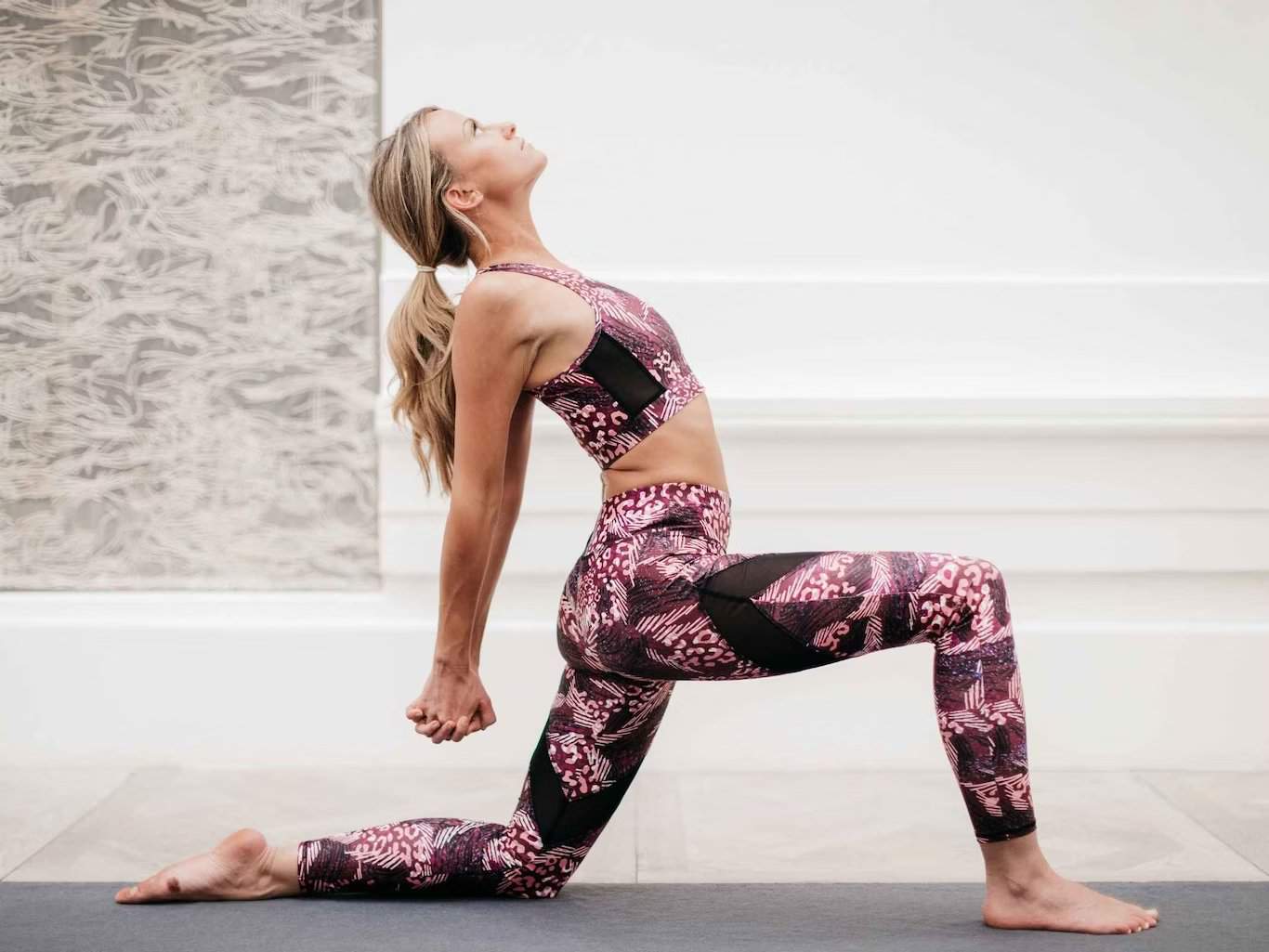
Hopefully an ethical fashion brand should be fulfilling several of the ethical areas that we have outlined below, and endeavouring to adopt the others.
If you can’t find evidence of ANY of these credentials on a brand’s website, then they ain’t ethical.
This means that, to a degree, what makes a fashion brand ethical is individual to you as a consumer.
There will be causes and principles you deem more important than others, so shop according to these while you’re getting started.
Still, there are deal breakers for what makes a fashion brand ethical, like the forms of certification that should prove it is practising what it preaches.
We’ve covered them in this feature, and included examples of brands who are at the ethical vanguard, to give you an idea of what a ‘good’ brands look like.
If you’re still after some clear info on why we should be shopping from ethical fashion brands rather than from the high street, take a look at our 5 minute guide all about what’s wrong with fast fashion.
If you find this useful but want even more information and want to get start shopping with an A-Z of Ethical Fashion Brands then scroll down to the bottom of this feature to download our free A-Z PDF.
Now, let’s start rummaging.

There are seven main points in guide to what makes a fashion brand ethical:
1. How To Tell If Clothes Are Made From Ethical Materials
2. Why Ethical Fashion Brands Treat Their Workers Well
3. Does Your Favourite Fashion Brand Use Resources Resourcefully?
4. What Kind Of Packaging Does A Fashion Brand Use?
5. Does The Fashion Brand Support A Charity?
6. Ethical Fashion Brands Should Be Transparent
7. Does A Fashion Brand Offer An Aftercare Service?
1. How To Tell If Clothes Are Made From Ethical Materials
What makes a fashion brand ethical begins with what its garments are made from, how the fibres are farmed and how they are treated before the shirt or a skirt is made.
If your clothes aren’t made from recycled materials, here are the ethical markers and claims to look out for in a brand’s mission statement:
Is It GOTS Certified And/Or Oeko-Tex Standard?
This usually means that no pesticides, harmful chemicals or other toxic substances have been used to grow the fibres for the material.
Bear in mind, however, that a material only needs to be deemed 70% organic for it to gain GOTS (Global Organic Textile Standard) certification (and this applies to the entire production process).
If a brand has GOTS certification and says it is 100% organic then this is even better.
People Tree’s V & A Collection is one example of this.
Is The Material Vegan And Cruelty Free?
Look to see whether it has been certified by The Vegan Society, Peta Approved, and has the official ‘leaping bunny’ Cruelty Free International stamp if this is important to you.
Of course some materials, like leather and fur, are very obviously made from killing animals.
Others have animals involved in their manufacture in a less obvious way, like silk.
Also note that many vegan materials, like ‘vegan leather’ also contain a plastic coating, or are made from PVC (plastic-based polyurethane chloride).
Is The Material Plastic Free?
This doesn’t just apply to packaging.
Many synthetic materials contain plastics, which can come hidden under cryptic names.
Not only is it unhealthy to wear this next to your skin but it will mean that the clothes take hundreds of years to decompose. Perhaps worst of all, they will be responsible for that awful M word… microfibres.
Any ethical fashion brand should identify whether these credentials apply to their clothing, from farm to clothes rail.

2. Ethical Fashion Brands Treat Their Workers Well
This is a huge part of what makes a fashion brand ethical or not.
There is a humanitarian crisis going on in the fast fashion industry and it is important to be well informed about it.
An ethical fashion company should be:
- Paying workers a fair, living wage
- Ensuring they work reasonable hours
- Guaranteeing that they work under safe conditions
- Never using child or forced labour
- Not restricting the freedom of workers, by banning them from forming unions

3. What Resources Does Your Favourite Fashion Brand Use?
Growing plants, treating their fibres and making them into materials and then garments also requires energy and resources of course. This means water and electricity.
Opting for a material that requires less water to grow is one key way for a fashion brand to be sustainable.
Did you know a single ton of fabric can require up to 200 tons of fresh water to dye and finish?
The textile industry also uses vast amounts of water to dye its material. You can find more about the water footprint of your clothing here.
Plus, there are harsh, toxic chemicals involved in this process. These can leech out into water systems and cause devastating pollution.
Brands who make a point of saying that their fabric does not require too much water to be treated, or that it’s less than the industry standard, and maintain their toxic free standards throughout the manufacturing process are the ones to go for.
Does It Use Resource-Heavy Materials?
Whether a brand can call their clothing strong, durable and long-lasting is another ethical landmark to look out for.
The stronger and better made a piece of clothing, the longer it will last, and the longer you will be able to go without having to replace it.
It will probably be a nicer piece of clothing that will be more enjoyable and comfortable to wear as well.
There is a great and growing trend in the fashion industry to make clothing from recycled materials, deadstock fabrics, or upcycled old clothing.
This is fantastic, and a real trademark of the creativity ethical fashion brands are displaying.
It means that no resources are required for growing and treating new materials.
Depending on which materials the brand upcycles, you should still be wary of microfibres though.
Does The Brand Comply With The UN’s Fashion Goals?
The United Nations have a set of sustainable fashion goals, which are a baseline for the social standards that should be met by brands.
They also identify the plethora of problems that still need to be overcome within the fashion industry.
Look out for whether a brand’s garments are certified Fairtrade, and whether it is a member of the Fairware foundation. These are indicators of its being humane.
Sustain your style also has plenty of information about the inhumane working conditions in the fast fashion industry.
These documentaries illustrate the plight many workers within the fashion industry face too.
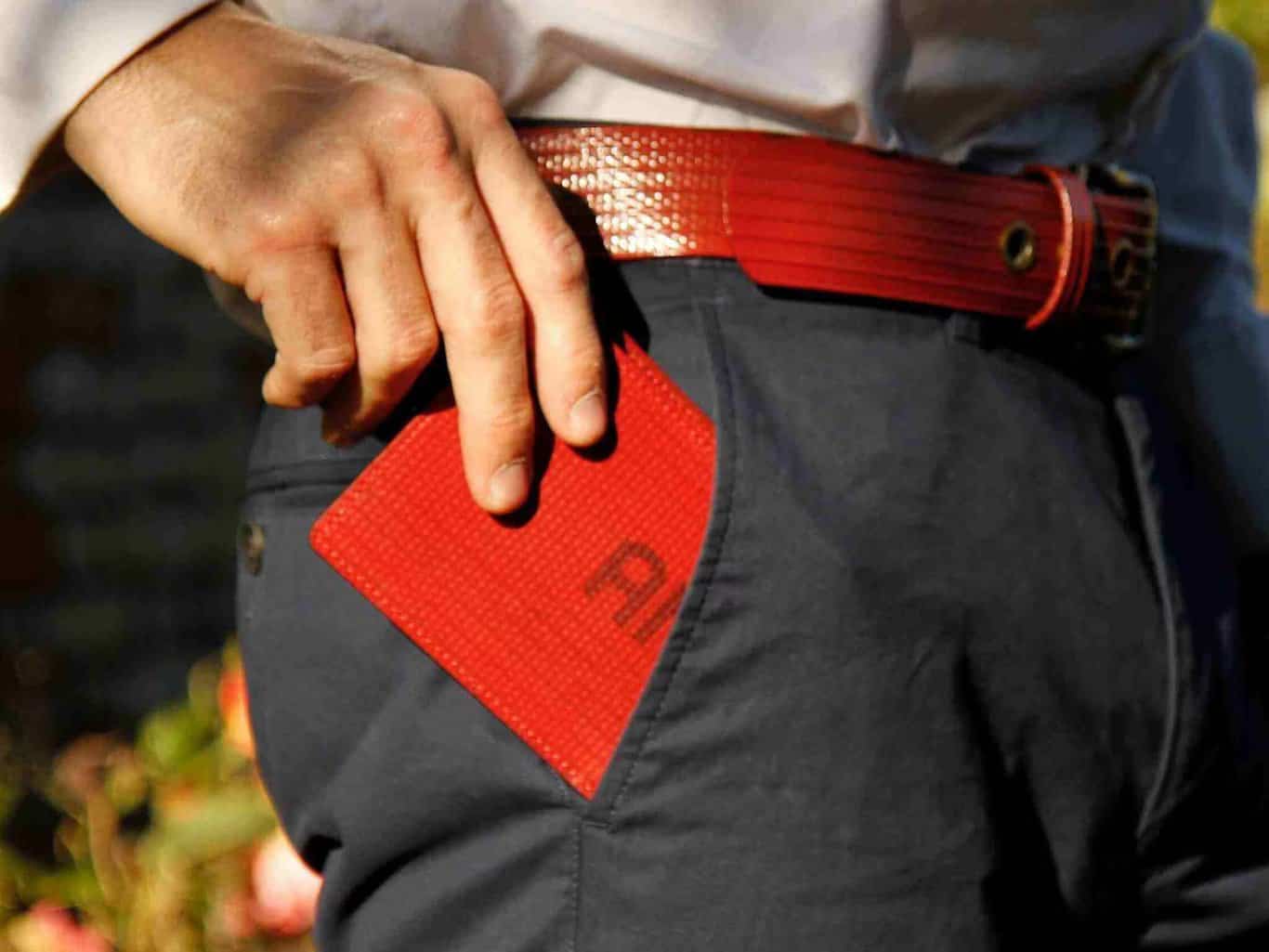
Is There A Closed Loop System?
This brings us neatly round to ‘Closed Loop Systems’.
As the name suggests, when an ethical fashion brand operates within a closed loop system, they follow a circular production line, rather than the linear ‘make, use, dispose’ model.
- That means they design, manufacture and distribute their clothing in a way that uses minimal resources and creates minimal waste.
- Whatever waste they do create is fed back into their system and reused in some way.
- This goes for their water, their deadstock fabric, any substances used to treat their clothes and their energy.
- They should also be able to repair old garments and/ or use them to create new ones again when they reach the end of their wearability.
- If a brand has signed up to the Sustainable Clothing Action Plan (SCAP) this is a good indication that they are being resourceful with their resources.

“When an ethical fashion brand operates within a closed loop system, they follow a circular production line, rather than the linear ‘make, use, dispose’ model”
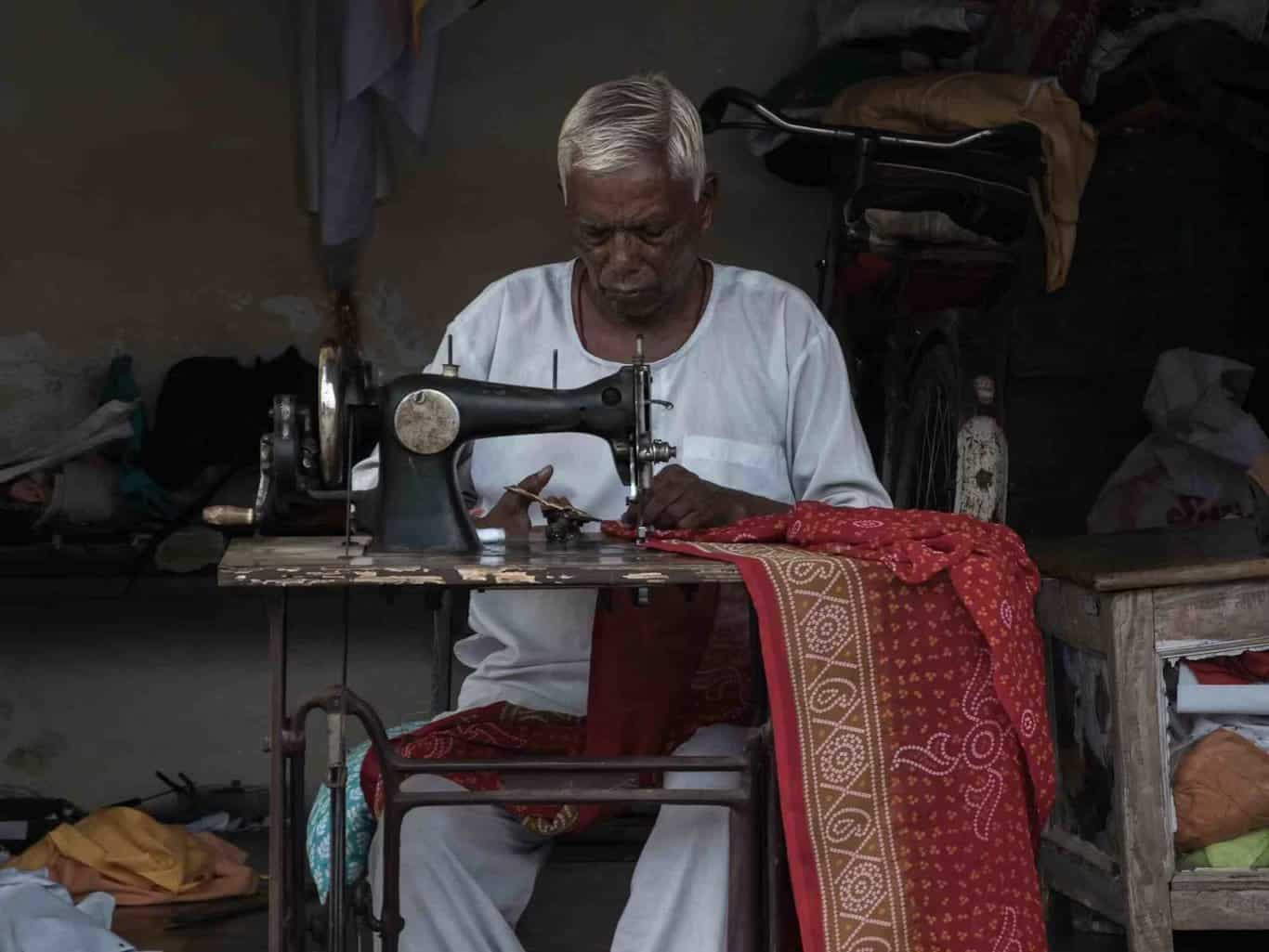
3. Does Your Favourite Fashion Brand Waste Resources?
The size of a fashion brand’s carbon footprint says a lot about whether it is ethical or not.
You have to add in the carbon footprint of the factories that produce the clothing and their delivery and distribution as well.
The following criteria are good examples of what makes a fashion brand ethical:
- Are The Clothes Made Locally?
This means that there are simply fewer miles in between every step of the brand’s production process and, consequently, fewer emissions.
Of course, the least CO2 intensive fashion labels manage to use materials that have been sourced close to where they are manufactured.
When a fashion label achieves this it also often means there is an intimate and secure relationship throughout each stage of the process.
Look for videos, blog posts or other information about how an ethical fashion brand chose their factories or suppliers, or see if they shout about the people in their supply chain.
Whilst not foolproof, this can be a measure of trust.
If they know their workers well, and have the ability to check that their factories are running efficiently they are more likely to be transparent and energy efficient.
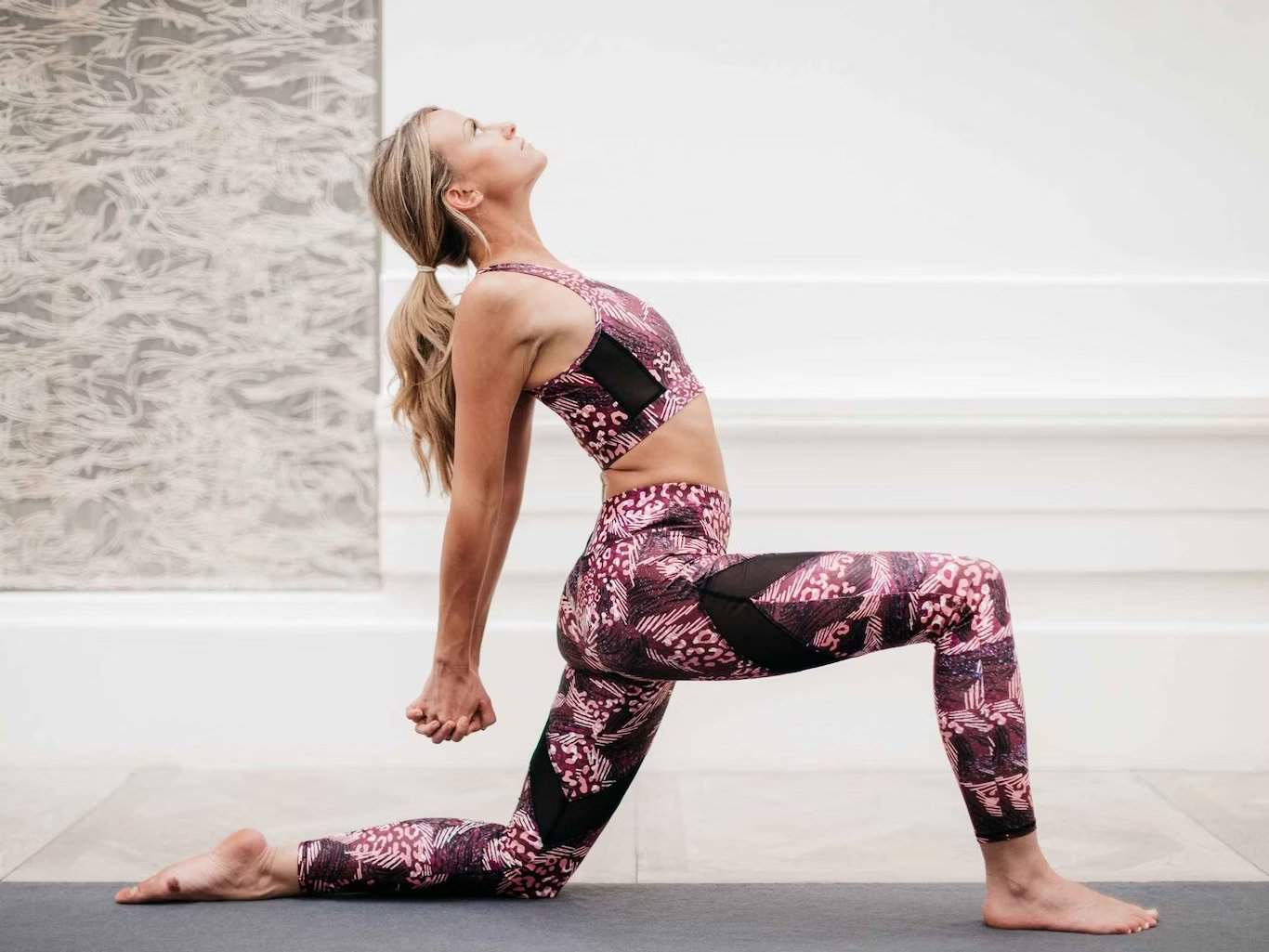
- Do The Factories Run On Renewable Energy?
Many cheaper clothes are made in countries like Bangladesh, China and India. All these predominantly use fossil fuels.
Sewing and producing the pieces of clothing, and running a factory in general, requires a huge amount of electricity.
Happily, more and more brands are now using renewable forms of energy to power their factories.
MUD jeans are an amazing example of a company who has made a typically resource-heavy material: denim, and item of clothing: jeans, far more energy efficient.
They use recycled cotton, meaning that no energy or water goes into growing it, and run their factories using renewable energy. Combined with carbon offsetting, they’ve achieved carbon neutrality.
6 Best Ethical Denim Brands For Every Shape

- Does It Offset Its Carbon Emissions?
This is a controversial topic, since many think that carbon offsetting is a very imprecise art.
Still, there are some brands who do their utmost to counteract the carbon footprint of transporting their clothes to shops and to customers.
Organic Basics offset all of their carbon emissions using CHOOSE, an organisation that works with some of the most impactful offsetting projects in the world.
What Does Net Zero Really Mean? Everything You Need To Know About Carbon Emissions

- Does It Offer Free Returns?
Another slightly sticky subject! Check out our feature all about how free returns are really not free for the planet.
This can seem like an amazingly convenient service, especially if a clothing brand only sells its pieces online.
You can also argue that it is far better to return a garment, rather than discovering that it is not what you wanted or expected and then throwing it away or buying another new piece.
Still, because people are abusing the system, it can rack up a hefty carbon footprint.
- Does It Take Part In Massive Industry Events Like Fashion Weeks?
Events like fashion weeks, for example, cost the earth a huge amount.
The Cut has found that the carbon footprint of people working in the fashion industry and their movements around the planet amount to roughly 241,000 tons of carbon a year.
That’s what it would take to power Times Square for 58 years.
Some countries like Sweden have cancelled their fashion weeks all together as they promote trend based fast fashion and overconsumption as well as creating thousands of tons of emissions.
“The carbon footprint of people working in the fashion industry and their movements around the planet amount to roughly 241,000 tons of carbon a year”
4. Ethical Fashion Brands Use Plastic Free Packaging
The amount of packaging a brand uses is another measure of its eco-friendliness.
Of course, it is wasteful and environmentally detrimental if garments arrive having been damaged in transit.
However, if they come in packaging that is full of unnecessary plastic, paper, bubble wrap etc it can amount to so much waste.
Even if the packaging does not look ‘plasticky’, plastics can be hidden in places like labels, boxes and protective strips on underwear and swimwear.
Here are a few of the things to look out for when you are trying to spot a fashion brand that is ethical in terms of its packaging:
- Does It Use Eco-friendly Inks?
This is applicable to the inks that a fashion brand uses to print their clothing with, as well as their labels and boxes.
There are many things that can make inks unethical, like the use of PVCs, toxic substances, animal products and other plastics.
Many traditional inks, for example, emit ‘Volatile Organic Compounds’.
They sound as bad as they are, and you can find more info on them here.
There is plenty more in-depth information about why UV inks, Soy-based inks and Eco-solvent inks are better for the environment in terms of chemicals and production too.
Thought Clothing produces lovely, affordable mens and womenswear, using eco friendly inks.
- Does The Brand Pack Their Clothes In Recyclable Or Biodegradable Packaging?
If a brand is going to describe itself as ethical, a prerequisite should be that its clothes are packaged in paper, card and any additional padding that will not go on to take years to decompose.
An ethical fashion brand should use minimal quantities of these as well! It should be able to testify that it uses 100% recyclable/ biodegradable packaging. It might also be FSC certified.
Amsterdam-based sock label Qnoop make their labels from recycled cardboard. Their packaging is biodegradable, as are their signature sock buttons!
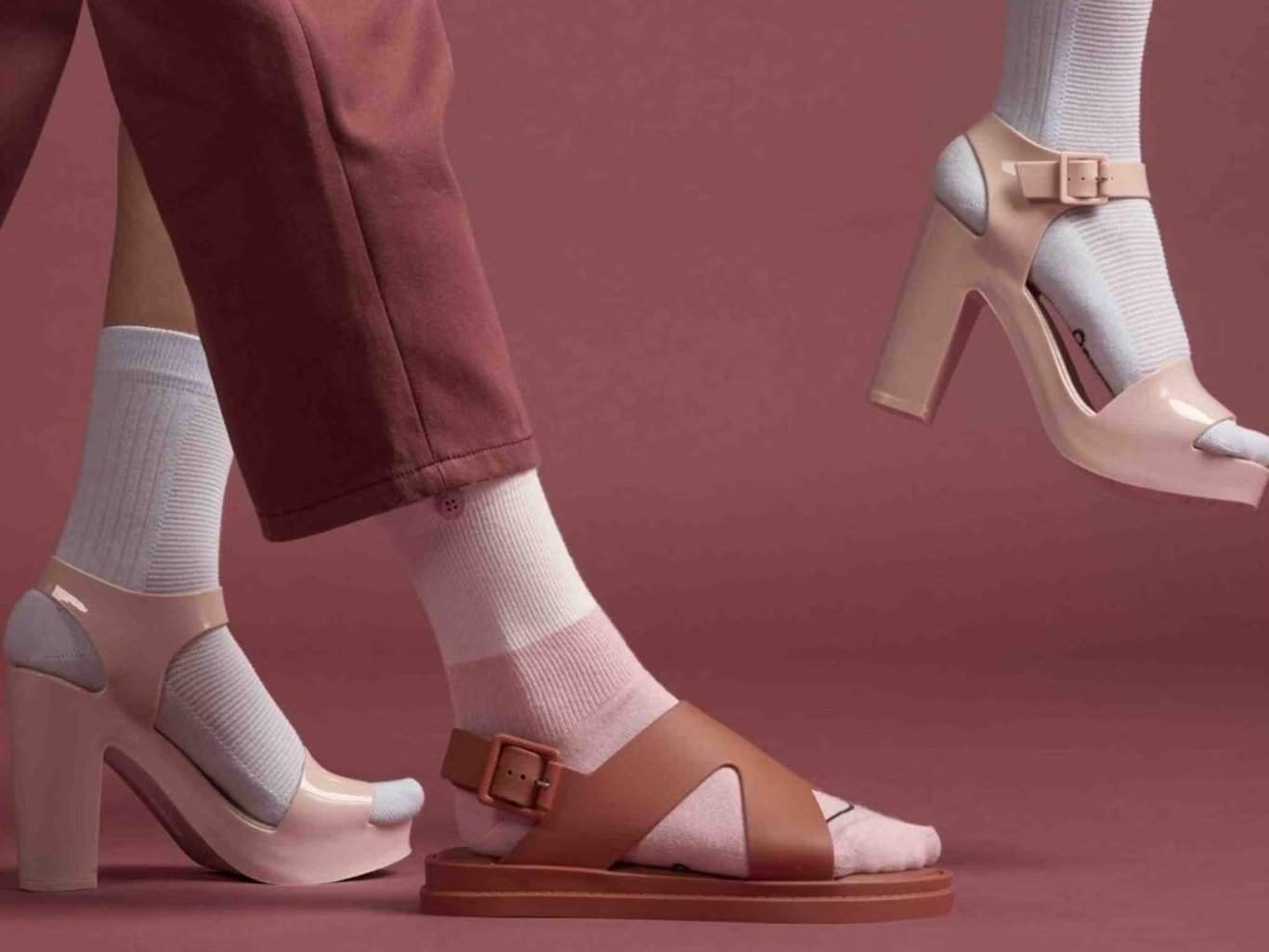
5. Does It Support A Charity?
Because any fashion brand is, in essence, putting more ‘things’ into the world, it will have a footprint and an impact.
If it can use this as a force for good in the world, then the effects can be counteracted in some way.
Many ethical brands work with a charity partner, or regularly give a percentage of their profits to a cause. Some great labels are partnered with a charity or an organisation that is involved in sustainability.
Riz Boardshorts work with the Marine Conservation Society. They partner with them on beach cleans and put £1 towards ocean conservation for every pair of trunks they sell.

Others might have a more humanitarian bent.
They might employ disadvantaged people to make their clothing or an element of their clothing, as a means of creating meaningful employment at the same time as clothing.
Y.O.U. Underwear are a company who are partnered with the charity Smalls For All. For each pair of underwear it sells, it gives one pair of undies to someone in need.
Each pair of its soft organic cotton pants comes with a message inside explaining this!
A brand that claims its garments are made using artisanal techniques is also principled.
Combining a covetable technique with keeping a traditional artisanal craft alive is a way of supporting cultural heritage, skill and people who might be struggling to make ends meet from their businesses.
Ninety Percent spend 90% of their profits on five charities that support artisans and communities, and you can vote for which one your purchase supports.
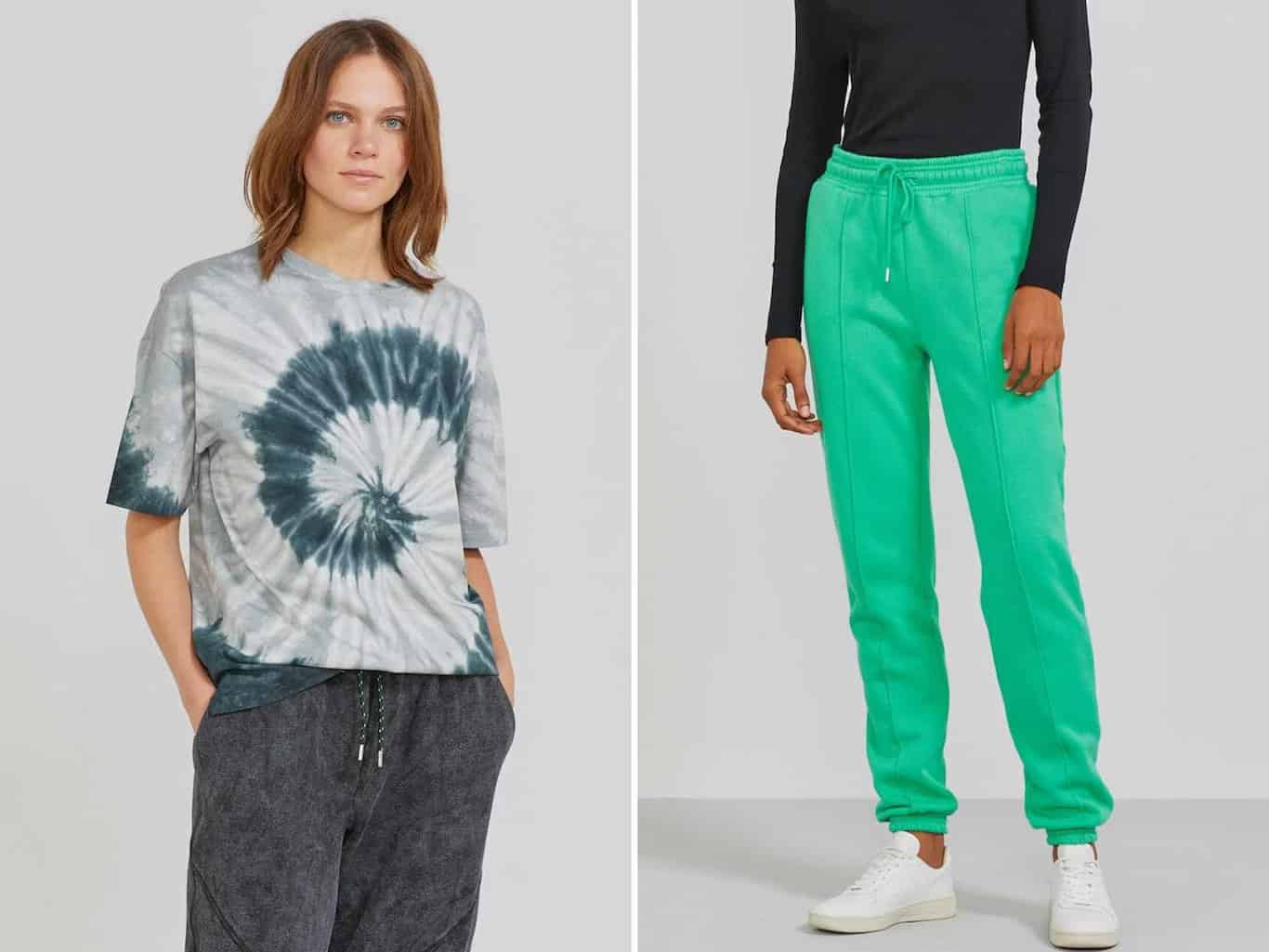
6. Ethical Fashion Brands Are Transparent
Transparency is a major part of what makes a fashion brand ethical.
No brand can be totally angelic. However, there is no excuse for greenwashing and it is a huge problem within the fashion industry.
The fashion industry’s practices are difficult to regulate, especially since so many brands operate overseas and across multiple markets.
This makes it tricky to tell whether a brand is really sticking to its ethical claims. Unless you visit its factory and investigate for yourself, how can you tell?
Looking for the trademarks that we mentioned above is one way to see that a label has been officially vetted.
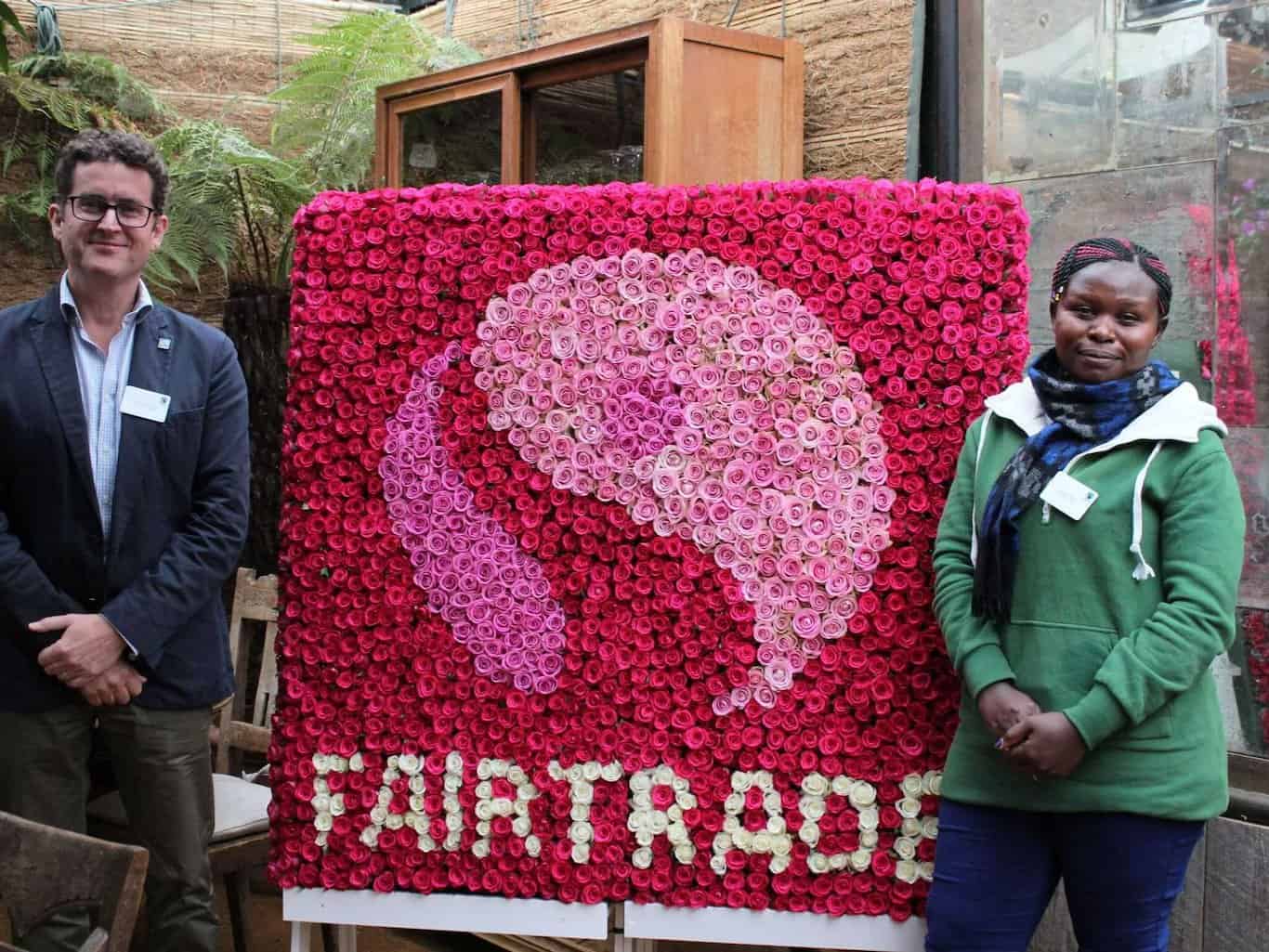
Being fully sustainable can be challenging for brands that are just starting up, and they may only be able to reach their full sustainable potential with support.
As a consumer, it is good to exercise a little critical judgement.
Does a brand sound as if they are using a lot of flowery vague copy in place of concrete details about how their materials are sourced and manufactured?
When brands are honest and upfront about where they are in their sustainability journey, this can signify trustworthiness.
They may not, for example have a totally closed loop system, but if they can demonstrate how far they’ve come and are open about their goals and how they’re working towards them they’re worthy of support.
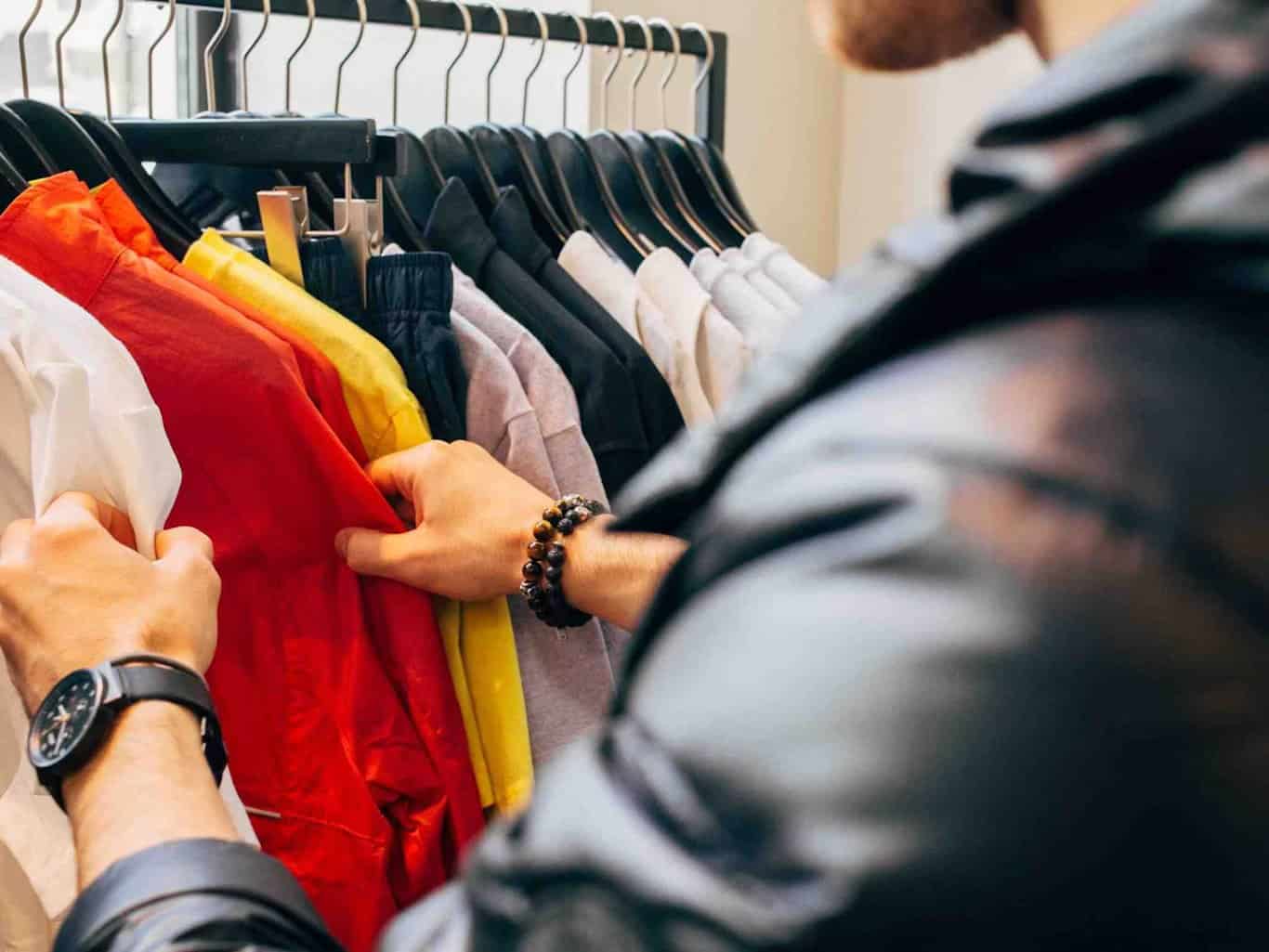
7. Is There An Aftercare Service?
Circling back to closed loop systems again, the services a fashion brand has in place for when its garments reach the end of their lives is another factor that deems it ethical or not.
A sustainable fashion brand should not focus solely on producing items.
One badge of an ethical label is whether it offers repair services.
This obviously means that it is invested in making its clothing last, and it shows that the brand is not only concerned with getting their customers to buy new products from them.
British womenswear brand, Lowie, has an award-winning repairs service.
It offers free lifetime repairs on all its products with a view to elongating their lives and stalling the expansion of landfill.

Brands that offer information about how to care for their clothing are invested in helping you make their products last.
It is also possible to make clothes ultimately recyclable or biodegradable now, and some brands are really embracing this.
We have to mention MUD jeans again whilst we are on this topic.
They have a repairs service to help members of their MUD community make their jeans last longer.
What’s more, they accept pre-loved denim from anywhere, so long as it is made of mostly cotton.
Customers who give them old denim are offered money off their next purchase, or a pair of jeans on lease for a month for free.
There all kinds of companies leasing clothes now. The service is not for everyone, and comes with a few potential planetary pitfalls, like excessive washing. Still, it is a good solution to throwaway culture.

DOWNLOAD OUR A_Z ETHICAL FASHION GUIDE HERE
We’ve gathered ALL of the information in this feature and a LOT more into a handy downloadable PDF, along with an A-Z of ethical fashion brands to kickstart your new ethical wardrobe. Download for free and enjoy.










